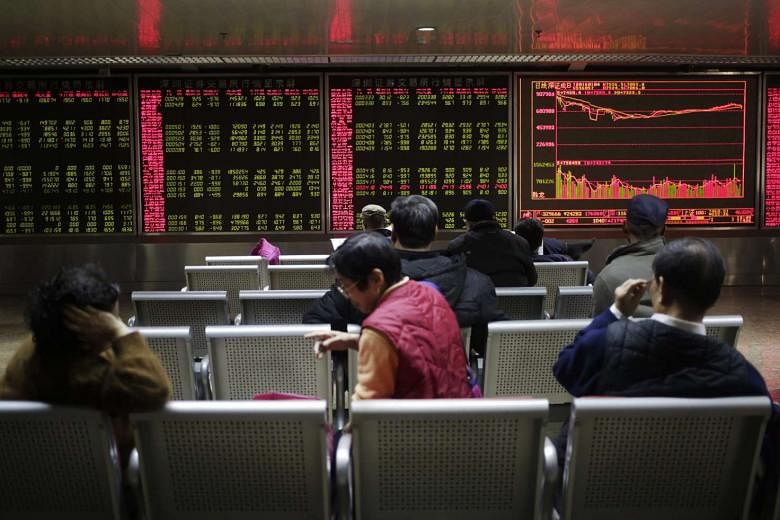China's economy has caught the flu, no question about it. Investors who caused global stocks to swoon yesterday over the No. 2 economy's weak manufacturing data should put away their smelling salts though, even as they should expect further slides in China stocks and the currency.
Economies are not unlike individuals. There's only so much corticosteroids that can be pumped in. At the end of the day, just as bad blood has to be drained from the human body, so too must markets feel the pain of unhealthy patches in the economy.
China tried to mask those spots last year when it intervened in both stock and currency markets after they began reflecting an economy that didn't shed its wheeze after six interest-rate cuts, leading to massive capital flight. As only China could have accomplished, despite a 45 per cent rout in stocks mid-year, the Shanghai Composite ended 2015 with a 9.4 per cent gain. Now, mainland stocks are falling, and will likely dip again, as some of the curbs imposed on trading run out imminently. But this time, national financial institutions may not be forced to buy up large amounts of stock to shore up prices.
Meanwhile, about US$400 billion (S$570 billion) has been spent in shoring up the yuan. Once it accomplished its strategic objective of getting the currency included in the International Monetary Fund's Special Drawing Rights scheme, Beijing deftly moved the yuan peg from US dollar to a basket of currencies. Since then, the yuan has steadily declined. Those slides will continue even as evidence mounts that devaluation does not improve export competitiveness as it used to. China will do so, not to best its Asian peers but on account of Europe, where manufacturing across the zone is rising on the back of a cheaper euro.
Services, which tends to be more labour-intensive than manufacturing, is not doing badly. That makes the downturn easier to absorb and Beijing does not have to be too aggressive in pushing stimulus measures. The overall trend is for a stabilisation, at a lower level, of the economic growth number.


